The Special Report No. 4 of the Indian Archaeological Society on `Harappan Necropolis at Farmana in the Ghaggar Basin' a collaborative project of the Department of Archaeology, Deccan College, Post-Graduate and Research Institute, Pune; Research Institute for Humanity and Nature, Kyoto, Japan and the Department of History, M. D. University, Rohtak will be widely welcomed by all those who are working on to unfold still unknown aspects of the Harappan Civilization. The cemetery at Farmana has revealed 70 burials so far and has been assigned to Mature Harappan phase such as Kalibangan, Rakhigarhi or R-37 at Harappa, whereas the burial site at Sanauli which revealed 116 graves belong to a later stage of Harappa culture. The contribution of Farmana and Sanauli has opened a new vista for the study of human skeletal remains at these places as the excavations of burials of this magnitude were not known and excavated so far in India. It has generated enormous data to work on the human population. As worked out by the excavators of Farmana, the sophisticated multidisciplinary investigations of this data, will certainly throw light on various aspects of Harappan population including composition and movement of the people, their dietry habits and burial practices.
ABOUT THE AUTHOR Akinori Uesugi
Akinori Uesugi did his M.A. and Ph.D. from Kansai University, Japan. He has vast experience in South Asian archaeology since 1990. He has participated in the excavations at Sravasti (U.P.), Farmana, Girawad, Mitathal and Madina (Rohtak, Haryana). He was the co-director of Mitathal excavations. He has done field work in Swat Valley (Pakistan) and also studied pottery of various sites housed in different museums and universities. He was associated with the Indus Project of Research Institute for Humanity and Nature, Kyoto, Japan and edited about ten volumes of Occasional Papers (Bulletin of Indus Project) as joint editor with Prof. T. Osada. At present, he is associated with the University of Wisconsin, Madison, U.S.A.
ABOUT THE AUTHOR Manmohan Kumar
Manmohan Kumar did his M.A. and Ph.D. from Kurukshetra University in 1978. He served as Astt. Archaeologist in the Department of Archaeology & Museums, Punjab and as Museum Supervisor in the Department of A.I.H.C. & Archaeology, Kurukshetra University. He joined the Department of History in M.D. University, Rohtak in 1981 from where he retired as Professor in 2013.
He has conducted archaeological explorations and excavations in Punjab and Haryana and participated in about a dozen excavations in various capacities. He has edited a number of volumes of the Numismatic Studies and also published detailed reports of a number of excavations. At present, he is Director, Sanghol Research Institute, Sanghol (Punjab).
ABOUT THE AUTHOR Toshiki Osada
Toshiki Osada is a Professor at the Research Institute for Humanity and nature ( RIHN), Kyoto, and the leader of Indus project. He has conducted extensive field research on the language and culture of the Munda since 1984. His major publications include A Reference Grammar of Mundari (1992) and some books on Munda languages and culture in Japanese. He is also the editor of Lingusistics, Archaeology and Human past in South Asia (2009).
ABOUT THE AUTHOR Vasant Shinde
An internationally renowned archaeologist, Dr. Vasant Shinde is a senior faculty member of the Department of Archaeology, Deccan College, Post-Graduate and Research Institute (Deemed University), Pune, and was a Visiting Professor in the International Research Center for Japanese Studies, Kyoto. His field of research is the Protohistory of South Asia and Field Archaeology. Dr. Shinde has been actively engaged in archaeological research in various parts of India and abroad for the last twenty-four years and has excavated sites like Padri, Balathal, Bagor, Mudvi and Siddhapur. One of his books entitled Early Settlements in Central Tapi Basin introduced new directions and methodology in Protohistorical research.

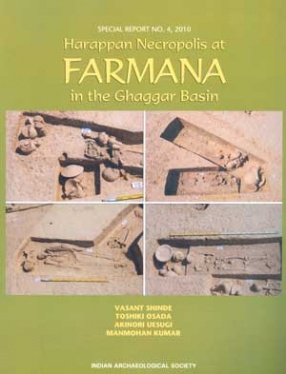
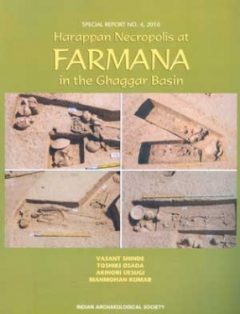
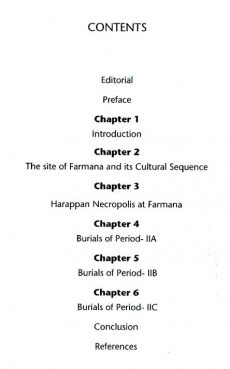
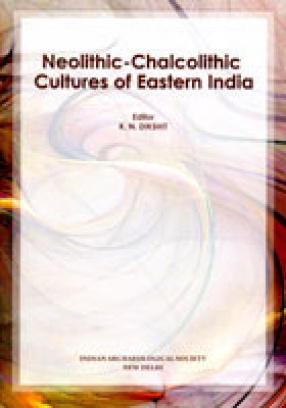
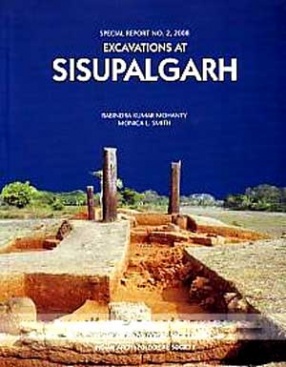
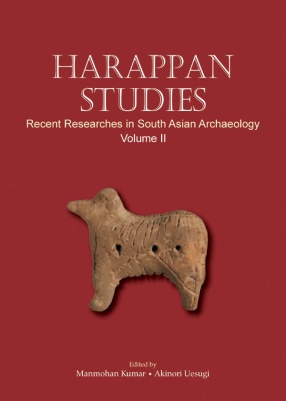
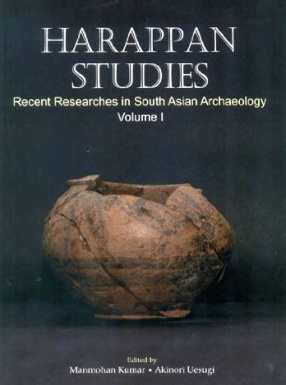
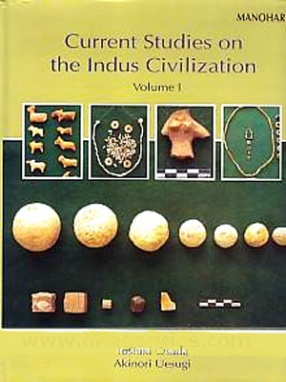
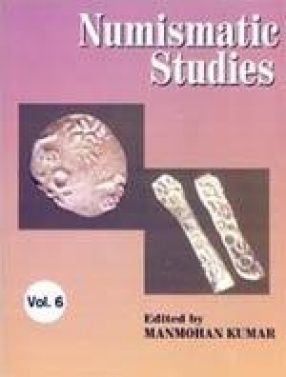
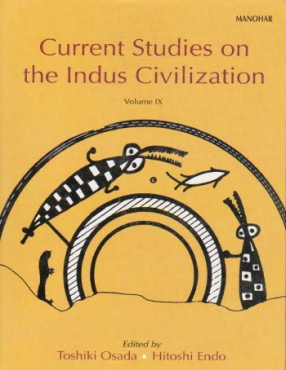
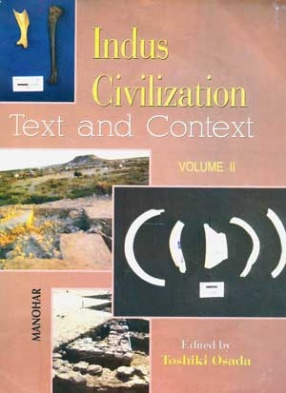
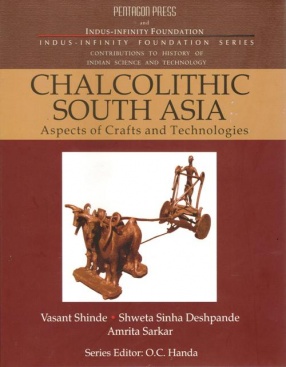

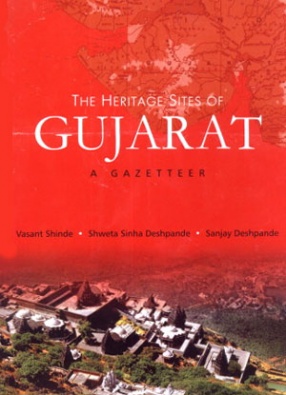
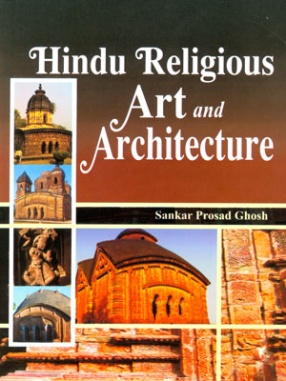


There are no reviews yet.